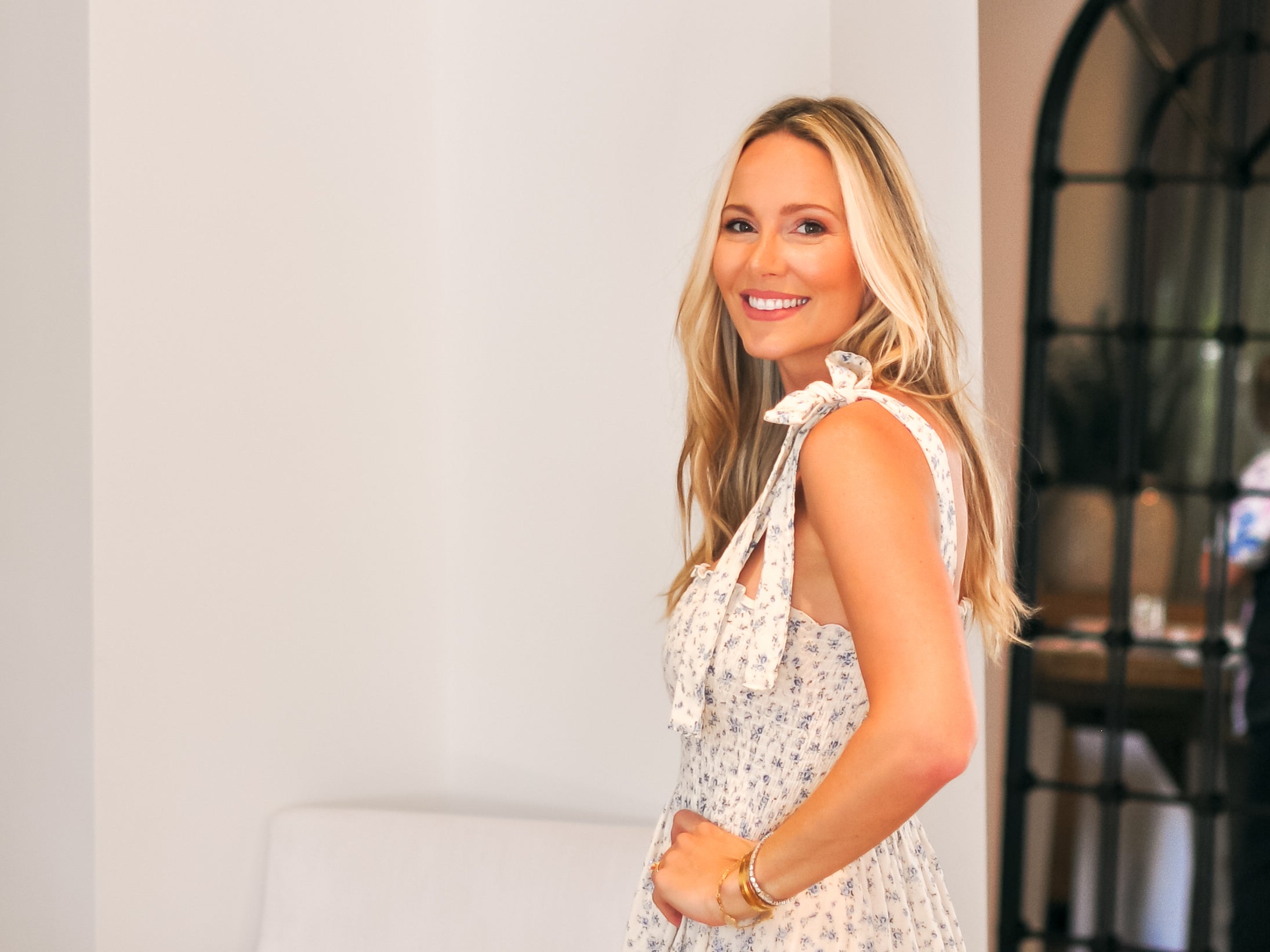In a perfect world, we’d ace financial literacy early in life. Like a native language, we’d head into adulthood with this tool well-honed. Realistically, though, personal money concepts can be a slog. Research over the last decade shows that less than half of adults worldwide are keen when it comes to cash management, budgeting, and investing. According to the National Financial Educators Council, “financial illiteracy is pervasive in cultures around the globe.”
This has grave costs. A lack of understanding around finances can result in wasted money. The issue can also impact societal disparities, debt risk, and overall wellbeing. On the flipside, in the convoluted world of capitalism we live in, having an empowered grasp on money and what to do with it is a critical piece in providing ourselves with emotional and physical security—and autonomy.
Still, it can be hard to know where to start. The mere mention of the topic can evoke a sense of guilt, anxiety, and even despair. That’s why many financial educators say a first step is releasing shame; because no matter where we find ourselves in life, it’s never too late to get savvy about our money. From there, it can be life-changing to seek counsel from people and tools that are relatable, inclusive, and even fun—like these five.
Journey to Launch
Jamila Souffrant started Journey to Launch in 2016 as a humble, lo-fi blog where she wrote about her desire for “financial freedom” (a malleable term that essentially means having the ability to live how you want without stressing about money). Souffrant’s words—open, honest, approachable—quickly piqued the interest of legions of people. That led her to quit her day job and launch a podcast two years later, which eventually morphed into a full-fledged learning platform. Today, Journey to Launch is a hybrid resource-podcast-newsletter-community that offers free courses and tools aimed at conquering debt, increasing net worth, and obtaining financial freedom (she even offers a free course that outlines the exact steps she took to save and invest $85,000). This is an accessible resource with a refreshingly positive and realistic take on money.
“So Money”
Farnoosh Torabi is a longtime finance journalist and author. But she’s perhaps more widely known—at least over the last five years—for her keen ability to break down money fears, obstacles, and questions on her wildly popular podcast, So Money. In more than 1,100 episodes stretching back to 2015, Torabi hosts some of the brightest minds in the world of finance for talks on all things saving, spending, losing, winning, budgeting—you name it. Her calm, upbeat interview style makes every episode feel like you’re part of the conversation. She also answers queries on topics such as estates, credit scores, loan repayments, IRAs, quitting your job, and even what to do with a bonus check.
Napkin Finance
When she was a business school student, Tina Hay taught herself the basics of money by sketching simple, easy-to-understand illustrations onto napkins. A visual person, Hay was able to make some sense of the topic and clear her head of the hard-to-understand jargon that surrounds it. The drawings sparked her company today, aptly named Napkin Finance; the platform, which also has a book of the same title, makes money concepts easy to conceptualize. Head to the site, click on a “napkin” topic—say, credit—and up pops an illustrated breakdown that explains the concept in a linear fashion. Each drawing is followed by more in-depth information, and there are also seven free courses that unpack the main pillars of money.
Ellevest
Sallie Krawcheck has changed the landscape of investing by making it more inclusive of and for women. After building a high-profile finance career at giant companies including Citi Wealth and Merrill Lynch, Krawcheck founded Ellevest—a digital investment platform designed for women-identifying people. The key is in the algorithm. The Ellevest method considers factors that impact women, but that traditionally get overlooked: things like longer lifespans and career breaks, as well as ways to invest in matters important to you (i.e. women-led companies or environmental endeavors). There’s zero “mansplaining” or convoluted jargon in the process. The platform also offers one-on-one money coaching and live workshops. There’s a lot to digest here, so if you’re overwhelmed, it can be helpful to start with their magazine. It’s free, and new articles on subjects like impact investing and retirement publish weekly, offering a good sense of the Ellevest vibe while delivering accessible tips.
You Need a Budget
Don’t let the name be a turnoff. This software and app is less about restriction and more about edifying you on where your money goes—and how you can get control of it. The strategy is proactive: every dollar you have gets assigned a job, whether it’s groceries or mortgage payments, to help you see where you spend. From there, you begin to employ tactics to get ahead of expenses, plan for life happenings, and save. It’s empowering and easy to use.
Free from condescending vernacular, each of these platforms will meet you where you are—and ultimately, will help you get to where you financially want to be.












